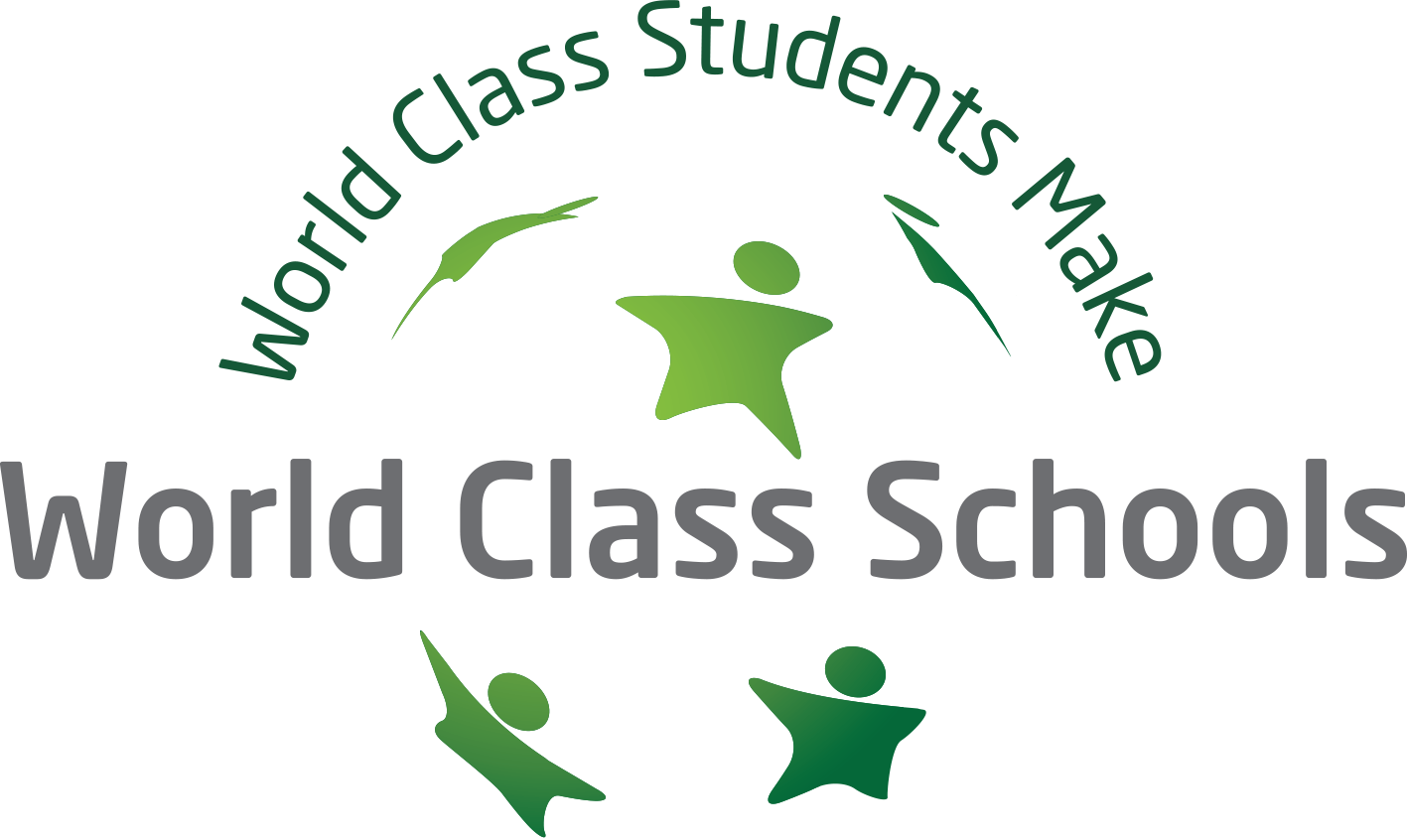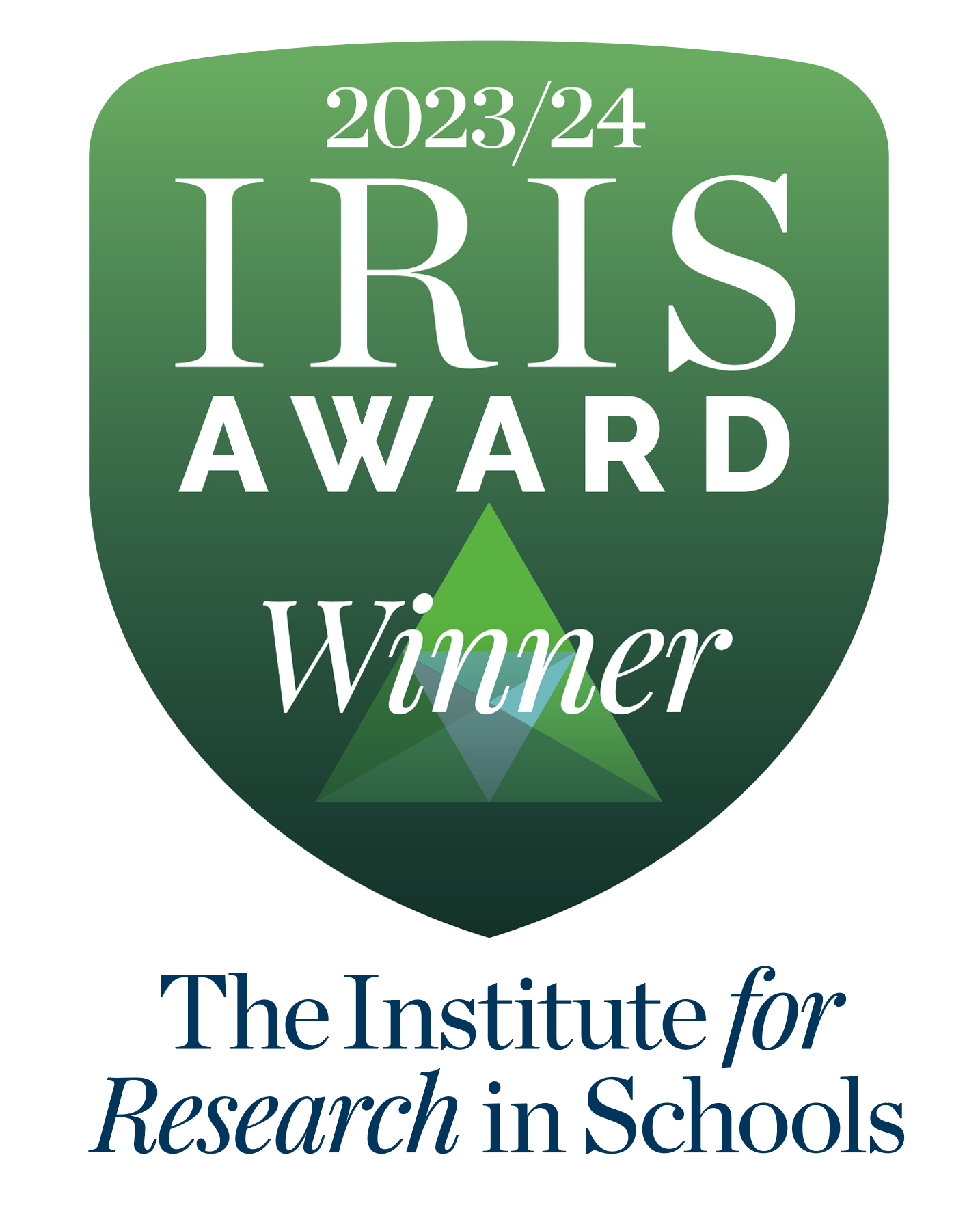Creativity vs Science
Creativity vs Science
By Darya Ghorbannia
Many people (including myself) prior to educating themselves on the benefits to being creative, understand that creative skills and science are separate. However, this couldn’t be further from the truth! Read on further to discover how naturally creative you are, where creativity is found and how it affects our decisions in life!
Imagine a world where creatives were considered to be the most respected, knowledgeable people in society. Where creative subjects were studied more in schools then academic ones. Strange… I know. We use creativity throughout our lives every day unconsciously. Yet, there’s a whole mechanism occurring inside the brain whilst I imagine, create, or visualize original thoughts, opinions, and ideas.
Unfortunately, there is no secret code to becoming a creative mastermind, but follow these tips and tricks to further deepen your understanding of how the brain world operates!
Did you know that there are two parts to the brain – the left is thought to be more logical, practical, and organized: your rational thinking. Whereas the right side of your brain is associated with creative thoughts and emotions. Yet you need to engage both to stimulate your creativity and maximize your original thinking. Moving your eyes back and forth can also boost communication with the left and right hemisphere.
The main reason why adults are stereotyped as being less creative is because adulting is complicated and structured resulting with less free time to think. Therefore, they tend to lose their natural sense of creativity.
Top tips:
- A free and unencumbered brain that can wander is much healthier than one that is constantly restrained.
- Lots of mental noise like playing sports and bingewatching films isn’t encouraging your creativity.
- Improvised activities have been scientifically proven to unlock a magical state called ‘flow’. During this process, the prefrontal cortex (sometimes known as the internal filter) shuts down whilst your brain relates to motivation, language, and emotion.
And finally, did you know that creative people live longer…





